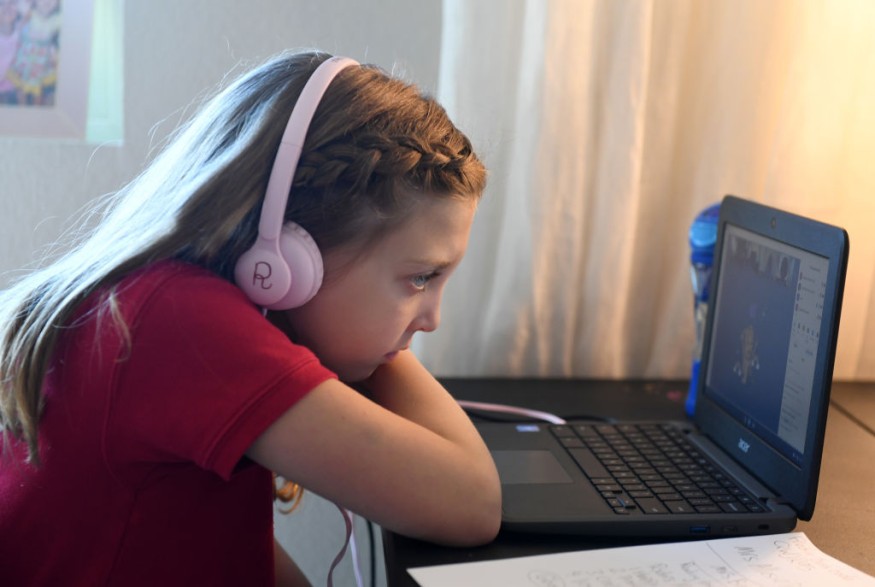School closures are a risk mitigation procedure implemented during the pandemic as in-person learning is disrupted, forcing students to attend remote instruction. But a team of researchers reported that remote learning might do more harm to children's mental health, especially on older children, Black and Hispanic kids, and those who come from low-income families.
HealthDay reported that these groups of children were the most likely to attend full remote instruction during the pandemic in 2020, which disrupted the in-person schooling for most school-aged youth. Researchers said that this might have adversely affected the mental health of children.

The Link Between School Closures and Children's Mental Health
In the study, titled "The Association Between School Closures and Child Mental Health During COVID-19," published in JAMA Network Open, researchers investigated the link between school closures on children's mental health. They found that mental health difficulties in children who enrolled in remote learning could vary across their sociodemographic characteristics.
The team, led by Matt Hawrilenko, Ph.D. from the University of Washington, collected and analyzed responses from the cross-sectional population-based survey collected between December 2 to 21, 2020, from 2,324 adults in the US with at least one school-aged child in the household.
They observed mental health outcomes after school closures were implemented and looked at their impact on children from low-income families and minority racial/ethnic groups. According to HealthDay, the team found that children from these groups experience more mental health difficulties.
Moreover, children attending in-person learning had higher household incomes, and many of them are more likely White. The team noted a larger benefit for children from higher-income families to attend in-person schooling than children from families with lower incomes.
Also, older children in remote learning reported having more mental health difficulties than those who attend in-person schooling. It shows that in-person learning is more favorable for older children, and remote learning has a very small effect on younger children.
"These findings suggest that allocating funding to support safe in-person instruction may reduce mental health inequities associated with race/ethnicity and income," the authors wrote.
ALSO READ : Pandemic Stress-Induced Brain Fog is Making People Forgetful and Confused, Here's What Experts Say
Children's Mental Health in Hybrid Learning
According to Healio, sociodemographic patterning is similar between in-person and hybrid learning. But mental health of children attending hybrid learning, a combination of in-person and remote instruction, showed no significant difference from other modalities with age or family income.
In addition, learning pods where 29.3% of hybrid attendees participated fully buffered the associations between hybrid schooling and mental health difficulties. But 17.1% of children in remote learning setups experienced negative mental health outcomes.
Researchers noted that the study is still limited as it was by observational design. They suggested that future studies examine mental health challenges associated with remote learning to provide solutions for them.
The tea wrote that ensuring that all students have access to both educational and mental health resources should be a priority, funded, and prepared for during the pandemic and even beyond it.
RELATED ARTICLE : Poverty in Teens More Likely to Increase Their Stress Levels Than Those Living an Economically Secured Life
Check out more news and information on Mental Health in Science Times.
© 2026 ScienceTimes.com All rights reserved. Do not reproduce without permission. The window to the world of Science Times.










